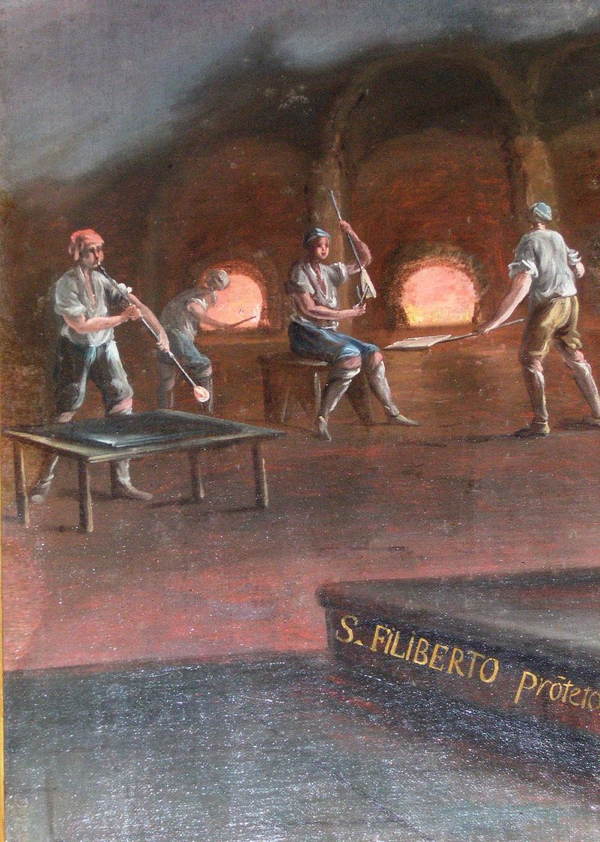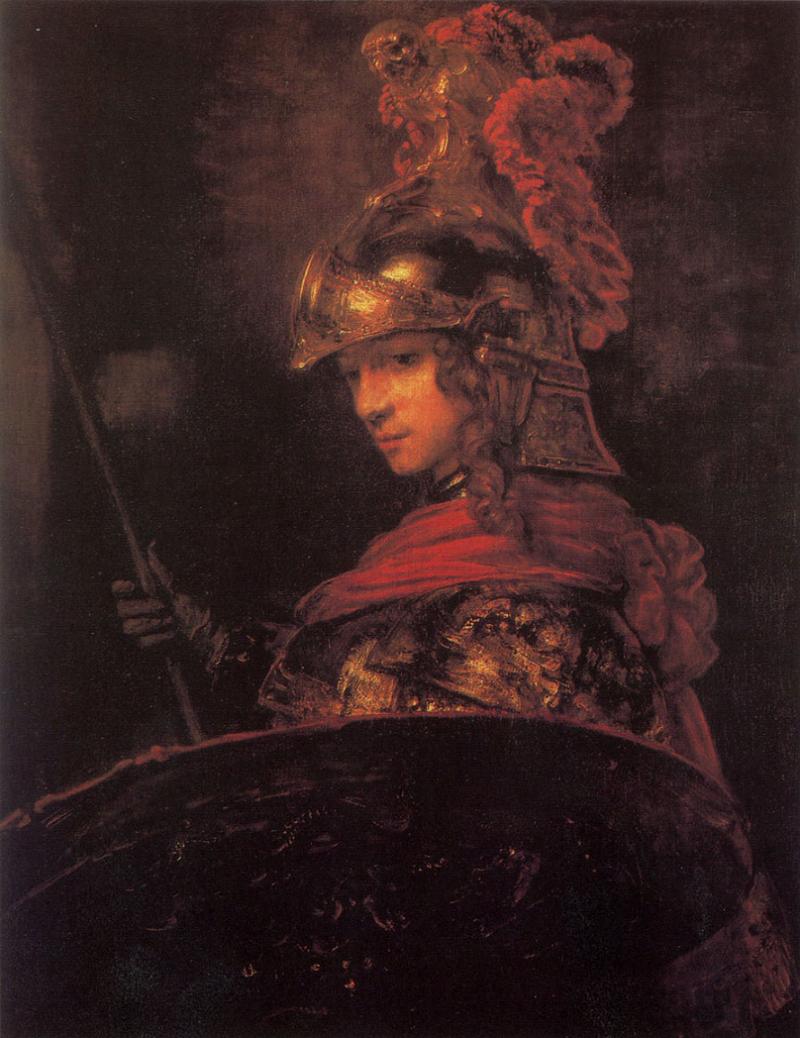Silly used to mean "pious". Fiasco refers to ugly bottles. These bizarre word origins are bound to make you look at language in a new light.

The words you use every day are like superheroes; they all have backstories of one kind or another, and while some (Batman) are awesome, others (Robin) are another story.
Learning the bizarre histories—and in some cases origin myths—of the common words on this list is like bumping into an old acquaintance and discovering that not only has he always secretly been a crimefighter, he got his start as a circus acrobat.
Bizarre Word Origins: Mullet
English and French writers have been using the word “mullet” to describe a type of fish with spiny fins from about the mid-15th century. Modern taxonomy nerd Carl Linnaeus hadn’t even been thought of yet, so the name seems to have been applied to different species over the centuries before settling down to describe just one species of North American game fish in 1866. It has a flat head. You can see where this is going.

Here. This is where it’s going. It all goes here. Source: RD Anderson
Before being affixed to one type of game fish, “mullet” had already been in use as slang for a stupid person for at least a decade. Slang ages quickly, so the word largely passed out of use by the 20th century, only to be revived in 1986 by noted urban philologists the Beastie Boys.
In their Pretzel Nugget EP, released that year, the band included a song called “Mullet Head” with touching, heartfelt lyrics such as:
#1 on the side and don’t touch the back
#6 on the top and don’t cut it wack, Jack
The term has been in use for the World’s Worst Hairstyle ever since.

Is there anything they didn’t invent?
Fiasco
“Fiasco” is the Italian word for bottle, from the Latin flasco for “flask.” It’s been used to describe a disastrous performance, specifically in theater, for nearly 200 years, and sources suggest it may hark back to the Venetian glassmakers of the Late Middle Ages.

Source: WordPress
In those days, if you wanted to make a living in a trade, any trade, you simply didn’t have any choice but to join a guild. After your apprenticeship, your entry to the guild would depend on the quality of a piece of work you submitted—literally your “master piece”—which would then be examined by master glass-makers.
Obviously, flawed glass wouldn’t cut it, so these imperfect pieces could be disposed of by wrapping them with something opaque, such as leather or twine, and selling it as a flask, or fiasco. Over time, the term came to be applied to anything that came out badly.
Faggot
We hope you aren’t using the word “fag” on a daily basis. But its history is so interesting that we couldn’t help but share.

“Naughty, naughty!”
This one began as fasces, the Latin “bundle of sticks.” Through the Middle Ages, it gradually became the Italian faggotto. English picked it up sometime around the 13th century, and it eventually came to apply to the lower-class laborers who had to gather and carry the bundles.
By the 19th century, a tradition had developed in upper-class British schools of having junior students assigned to menial work on behalf of upperclassmen. Menial duties such as cleaning, cooking, and carrying books for a senior became known as fagging. It was from this context that the word took on the associations of submissive homosexuality (boys’ school, remember) that have made “faggot” such a delightful addition to the modern language.
Bizarre Word Origins: Silly

“What didst thou callest me?” Source: Wikipedia
“Silly” is one of those words that has existed so long that it’s taken on a meaning that’s nearly the opposite of what it once meant, only to come back around again. The root of “silly” goes back to the Anglo-Saxon word gesaelig, which meant “happy.”
From there, the word came to mean “blessed” sometime around the 12th century. “Silly” then passed, in turn, through: pious, innocent, harmless, pitiable, weak, and—by 1570 or so—feeble-minded. So, the word that’s used today to describe a fart contest between two 7-year-olds would once have been taken as a compliment by the archbishop, but only for about fifty years in the 13th century.
Idiot
“Idiot” is one of the most popular insults in common use today. As well it should be, since its roots go back to before Alexander the Great.

“What’d you call me?” Source: Cristo Raul
Citizens of the Athenian Republic took an active interest in public affairs. Public office didn’t pay, and so was considered both a burden and an honor for the tiny fraction of the population entitled to do it. Idiotes were people who lacked any discernible distinction, and so played no role in shaping public affairs within the city-state.
By Roman times, idiota were ignorant, uncivilized people. The term traveled to English by way of French, as per usual for many insults, and persists in something very close to its traditional meaning today:
Reader, suppose you were an idiot. And suppose you were a member of Congress. But I repeat myself. – Mark Twain
Enjoy this look at bizarre word origins? Then check out our other posts on fun facts and popular slang origins you need to know.





